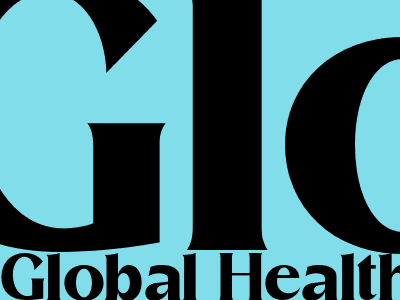
Global Health Advocacy Pushes for Affordable Diagnostics Amidst Crisis
Lack of Access to Diagnostics Hinders Effective Response to Infectious Diseases
The COVID-19 pandemic has exposed the glaring disparities in healthcare systems worldwide, with access to diagnostics emerging as a critical challenge. In low- and middle-income countries, the lack of affordable and accessible diagnostic tests has severely hindered effective response efforts.Diagnostics are essential for timely and accurate identification of infectious diseases, allowing for appropriate treatment and containment measures. However, the high cost of diagnostic tests puts them out of reach for many communities, leading to delayed diagnosis and treatment, increased transmission, and avoidable deaths. This inequity perpetuates the cycle of disease and poverty, further exacerbating health crises.
Affordable Diagnostics a Lifeline for Vulnerable Populations
Global health advocates are urging governments and international organizations to prioritize the development and distribution of affordable diagnostics as a key strategy for combating infectious diseases. By increasing access to testing, healthcare providers can identify and treat cases early on, preventing severe illness and onward transmission. This can save lives, reduce healthcare costs, and strengthen community resilience.
Urgent Need for Innovation and Collaboration
Meeting the global demand for affordable diagnostics requires innovative solutions and collaborative efforts. Researchers are developing low-cost, point-of-care tests that can be deployed in remote or resource-limited settings. International organizations and non-profit groups are working to establish sustainable supply chains and ensure equitable distribution of diagnostics. Public-private partnerships are also playing a crucial role in scaling up production and reducing costs.
Case Study: Rapid Diagnostic Tests for Malaria
One successful example of affordable diagnostics is the rapid diagnostic test (RDT) for malaria. RDTs are simple, low-cost tests that can detect malaria parasites in under 15 minutes. The widespread availability of RDTs in sub-Saharan Africa has significantly reduced malaria-related deaths and illness. This demonstrates the transformative power of affordable diagnostics in improving health outcomes.
Call for Increased Investment and Policy Change
Global health advocates are calling for increased investment in research and development of affordable diagnostics. They also urge governments to implement policies that promote equitable access to testing. This includes reducing tariffs and import duties on diagnostic equipment, establishing quality standards, and training healthcare workers in the use of new technologies.